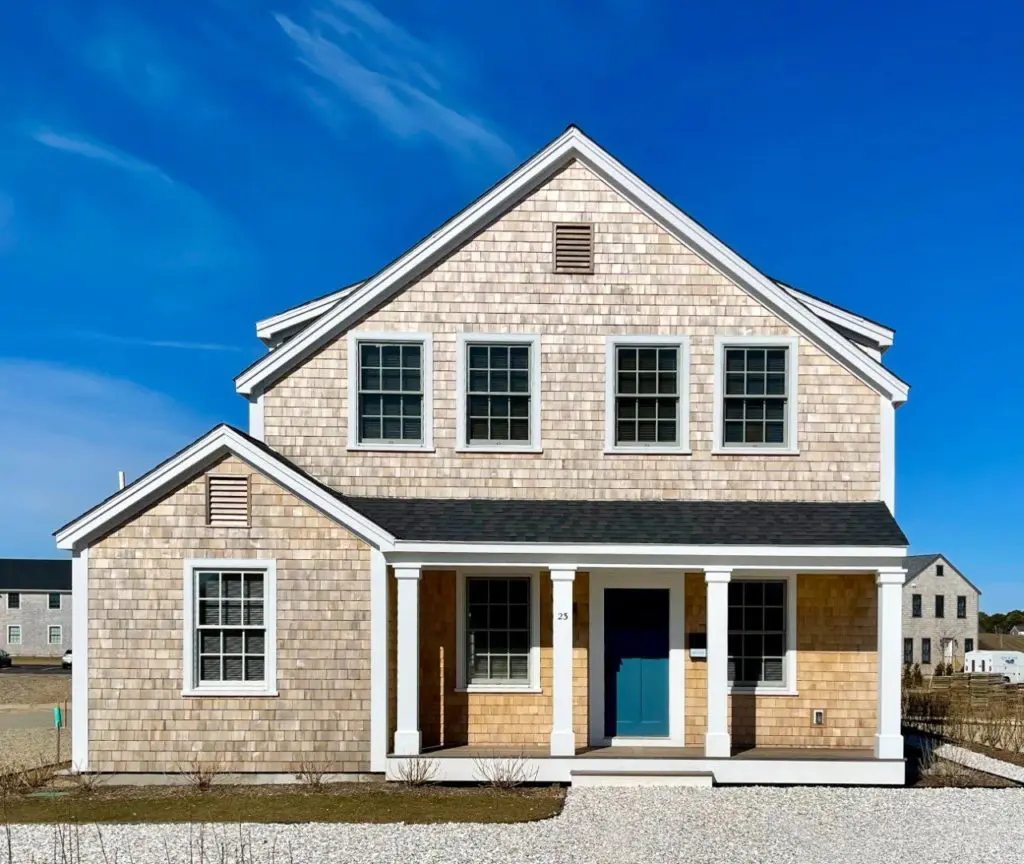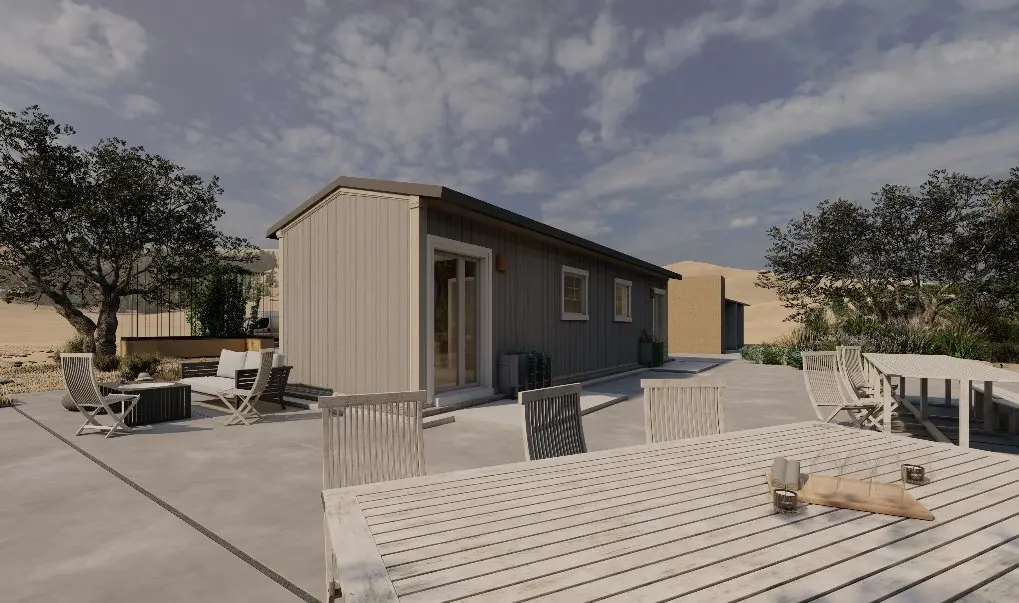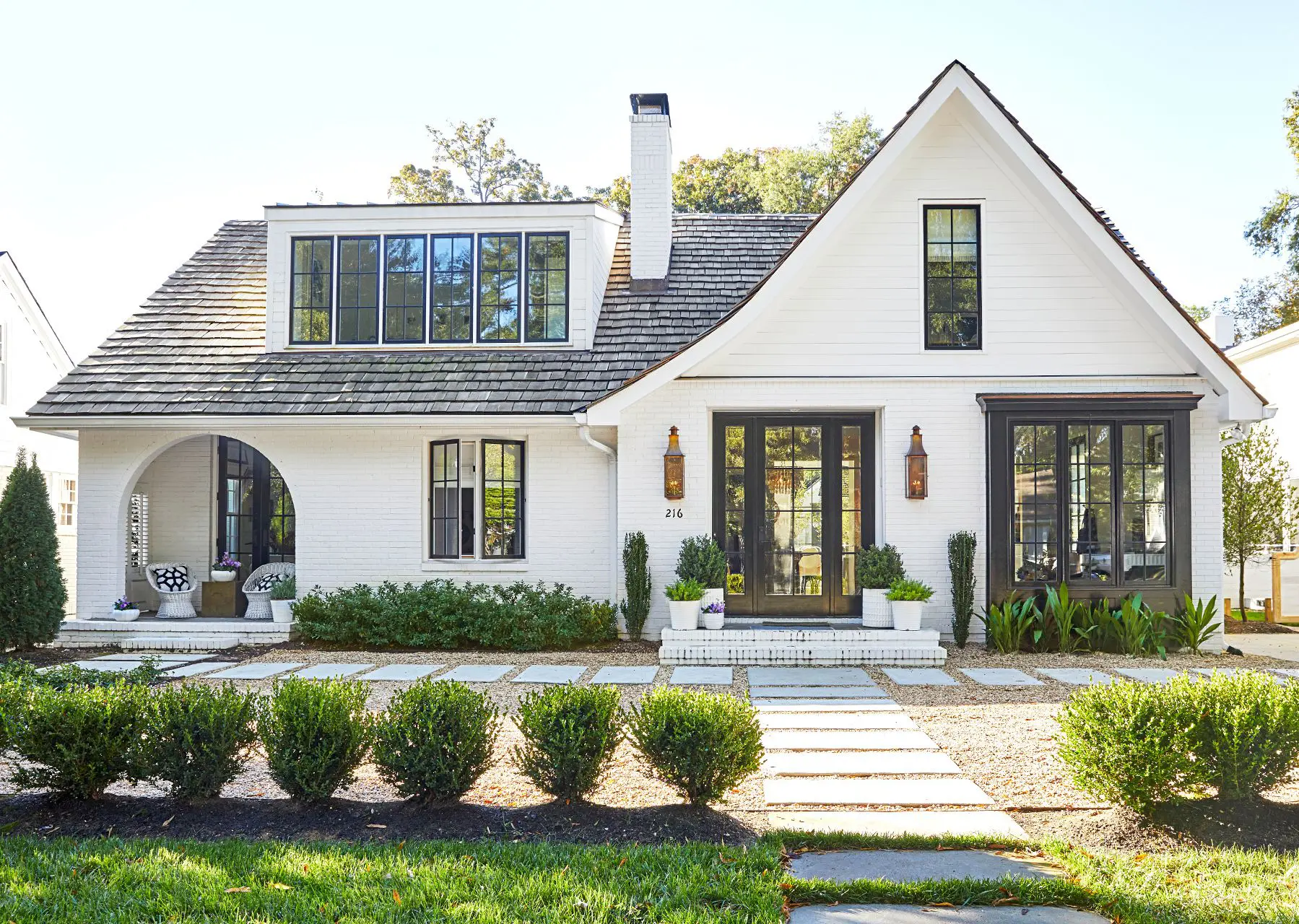
With the increasing interest in modular homes, many families are considering this option over traditional homes.
Modular houses are prefabricated structures assembled in a factory and transported to the site for final assembly.
Today, we want to compare between the two and see which one is better for your family.
Benefits of Modular Homes

First, we want to talk about the benefits of modular homes.
Durability
Modular homes are constructed in a controlled factory environment, which minimizes the risks associated with on-site building. This factory setting allows for stringent quality checks at each stage of construction, ensuring higher standards.
Modular houses are built to withstand the stresses of transportation and assembly, often resulting in a more robust structure.
Speed of Construction
One of the most significant advantages of modular houses is the speed of construction. Because they are built indoors, modular homes are not subject to weather delays, which can significantly slow down traditional home construction.
They can be completed in a matter of weeks, whereas a traditional home might take several months or even years to finish.
Cost-Effectiveness
Modular homes tend to be more cost-effective than traditional homes. The efficiency of factory production and the ability to purchase materials in bulk lead to lower overall construction costs.
There is less waste generated during the building process, and the costs are more predictable.
Customizability
Contrary to some misconceptions, modular homes offer a high degree of customizability.
Buyers can choose from various design and layout options, and many manufacturers allow for significant personalization to meet individual tastes and needs.
From floor plans to finishes, modular home builders can help you tailor it to reflect the preferences and lifestyle requirements of the family.
Benefits of Traditional Homes

And now let us go through the benefits of traditional houses.
Design Freedom
Traditional homes offer unparalleled design freedom, allowing homeowners to choose from a wide range of architectural styles and features.
This flexibility enables the creation of a house that truly reflects personal tastes and preferences. Whether it’s a classic Victorian, a sleek modern design, or a rustic farmhouse, traditional construction can accommodate virtually any aesthetic.
This high level of customizability extends to the interior as well, with endless possibilities for layout, finishes, and special features tailored to the homeowner’s vision.
Location Flexibility
Traditional homes provide greater location flexibility, giving homeowners more choices when it comes to building sites. Unlike modular houses, which may have limitations due to transportation and assembly requirements, traditional houses can be constructed on a variety of terrains and in diverse environments.
This flexibility allows families to build in their desired neighborhood or on a unique piece of land, whether it’s in a bustling urban area, a quiet suburb, or a remote rural setting.
Additionally, traditional homes are less restricted by local building codes and zoning laws, offering more opportunities for creative site utilization.
Timeless Investment
Traditional homes are often seen as a timeless investment with a proven track record of holding value. They are generally perceived as more stable and reliable in the real estate market. This perception is partly due to their established presence in the housing market and the enduring appeal of their construction.
Traditional houses, with their solid build and classic designs, tend to attract a broad range of buyers, which can be advantageous when it comes time to sell. Furthermore, the sense of permanence associated with traditional homes can provide a reassuring sense of stability for homeowners.













